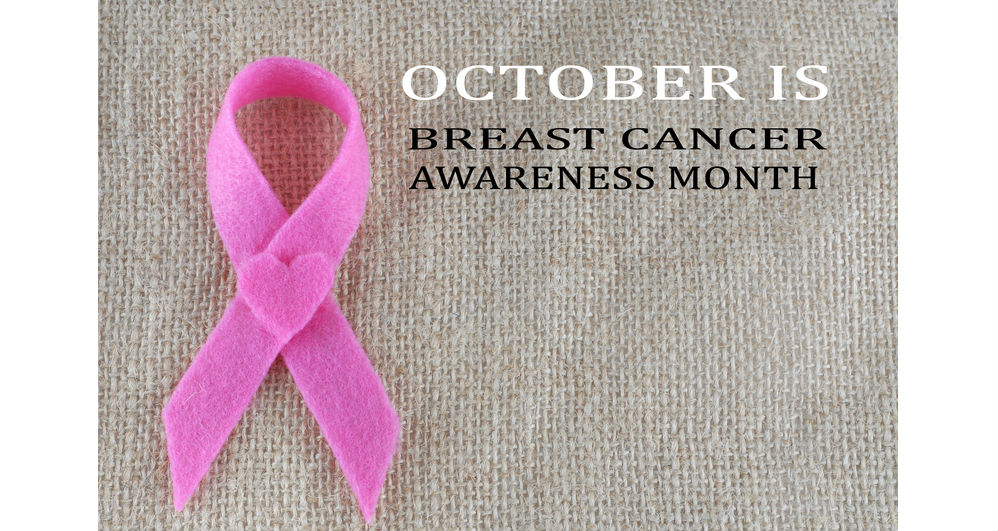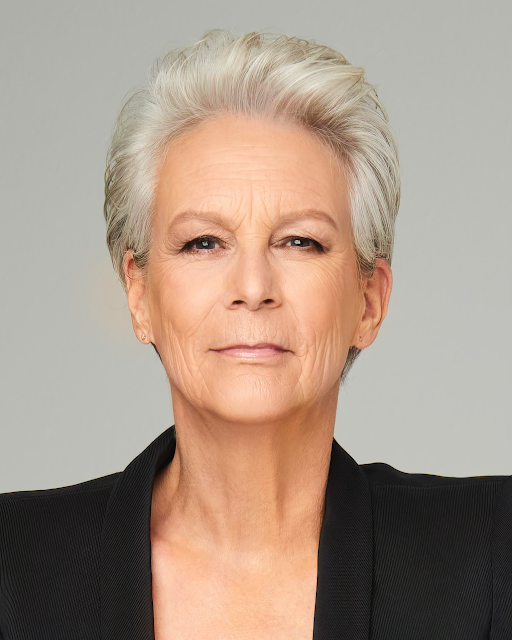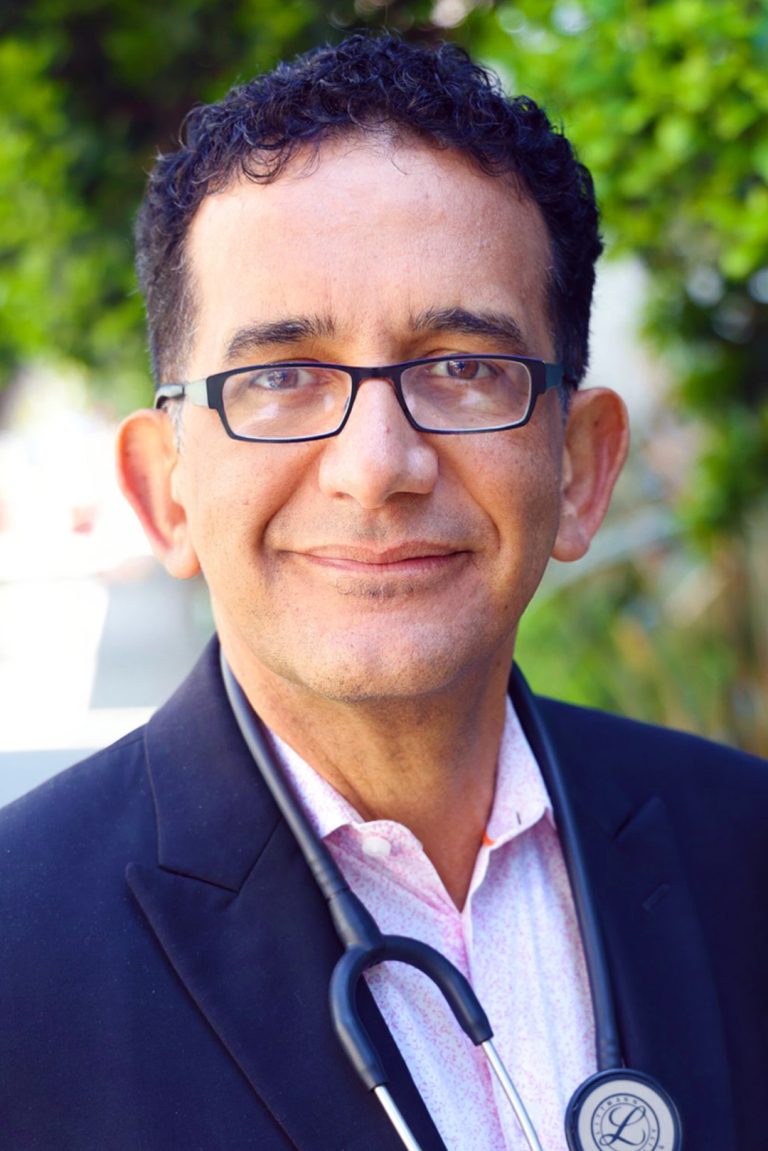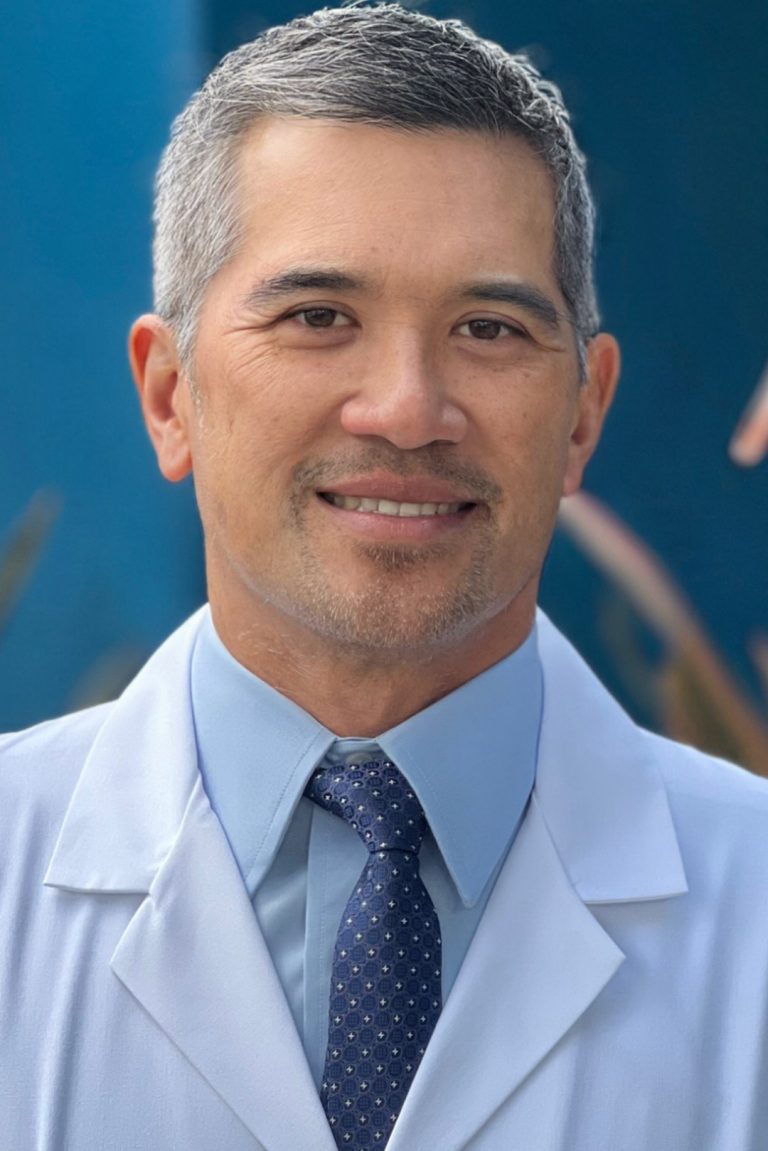It is breast cancer awareness month. Breast cancer is the most common cancer in women and is the second leading cancer killer in women. I find that my patients and friends are very diligent about getting recommended mammograms and breast ultrasounds. Doctors and the media have succeeded, I feel, in getting the word out about the importance of these cancer-screening tests. Still, I would like to see more attention directed towards educating the public on the many different causes of breast cancer – Any cure for breast cancer must also address the causes of this disease. There are many different contributing factors that can increase a women’s risk of developing breast cancer. Understanding these factors can help in the development of strategies to reduce this risk and guide research of potential cures. Each of the bullet points below could be the focus of its own article. For now, however, here is a brief summary of several known contributors to breast cancer development.
- Being a woman – women have a much higher chance of developing breast cancer than men. But men can develop breast cancer.
- Age – the older you are, the more chance there is of developing breast cancer.
- Genetics -Roughly 5-10% of breast cancer are due to genetics. These genetic mutations include: BRCA1 and BRCA 2; ATM; TP53; CHEK2, PTEN; CDH1; STK11 and PALB2. There are genetic tests that can assess for these genes and tell a woman her lifetime chance of developing breast cancer. We cannot change our genes but we can influence gene expression through lifestyle and environment. This is a HUGE area of focus for us at the Akasha Center – but more on this with another article.
- Family history of breast cancer increases a women’s risk.
- Personal history of breast cancer increases a woman’s risk of developing the cancer again.
- Race -Caucasian woman are more likely to develop breast cancer than African American Women.
- Women with dense breast have up to 2 times the risk of developing breast cancer compared to women with average breast density.
- Menstrual Cycle -Women who started menstruating before age 12 and/or went through menopause after 55 have a slightly higher risk of developing breast cancer.
- DES exposure – DES is a drug given to women between the 1940s and 1960s to lower the chance of miscarriage. The children of these mothers have a slightly higher risk of developing breast cancer.
- Pregnancy – Women who have no children or who had their first child after age 30 have a slightly higher breast cancer risk than women who had their first child before 30. But for a certain type of breast cancer known as triple-negative, pregnancy appears to increase risk. Also the greater number of children a woman has reduces breast cancer risk.
- Birth Control Pills – Women who take birth control pills have a slightly increase risk of developing breast cancer. This risk goes back to normal once the pill has been discontinued for more than 10-years.
- Depo-Provera is an injectable form of progestin that is used for birth control. Women who currently use Depo-Provera seem to have an increase risk of developing breast cancer, but the risk does not seem to be increased if it was used more than 5-years ago.
- Breastfeeding for 1.5 to 2 years reduces the risk of developing breast cancer.
- Drinking alcohol increases the risk of developing breast cancer. The risk increases with the amount consumed. Women who drink over 2 drinks daily have about a 1.5 times greater risk of developing breast cancer.
- Being overweight after menopause increases breast cancer risk. Interestingly, breast cancer risk is increased for women who gained excess weight as an adult but does not seem to be increased in women who have been overweight since childhood.
- Higher insulin levels are associated with a greater chance of developing breast cancer.
- Exercise lowers the risk of developing breast cancer. Studies suggest that walking 10-hours/week reduces breast cancer risk. Another study suggests that as little as 1.25-2.5 hours/week reduces a women risk.
- Women who eat red meat have a higher risk of developing breast cancer.
- Tobacco smoke increases risk of developing breast cancer.
- Recent studies suggest that women who work at night may have an increase risk of developing breast cancer. Current studies are now looking at the role of melatonin and breast cancer.
- Hormone Therapy – estrogen itself does not increase the rate of breast cancer whether it is given as estradiol, biest or Premarin. It is the addition of synthetic progesterone, known as progestin, which is associated with higher rates of breast cancer in women using combined synthetic hormone therapy. There is data that suggest that natural progesterone – the only form of progesterone that we prescribe at the Akasha Center, does not increase risk of breast cancer.
- Environmental toxicities – the link between our increasingly toxic environment and breast cancer are very strong. Chemicals found in pesticides, plastics, beauty products and household cleaners are so abundant in our environment and can accumulate over time in our body. These chemicals disrupt normal cell growth and contribute to breast cancer development.
I really tried to keep this article short and to the point, but, as you can see, there are just so many different risk factors to consider. A thorough appreciation of the risk factors that are individual to you can help you develop a healthy lifestyle plan that will minimize the risk of developing breast cancer. Moreover, the more we understand about the many causes of breast cancer, the more focused research into a cure will be – and that would really be something to get excited about.



















